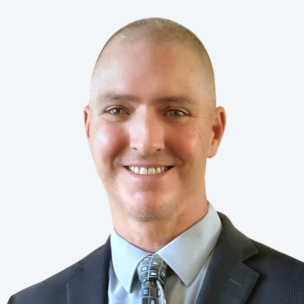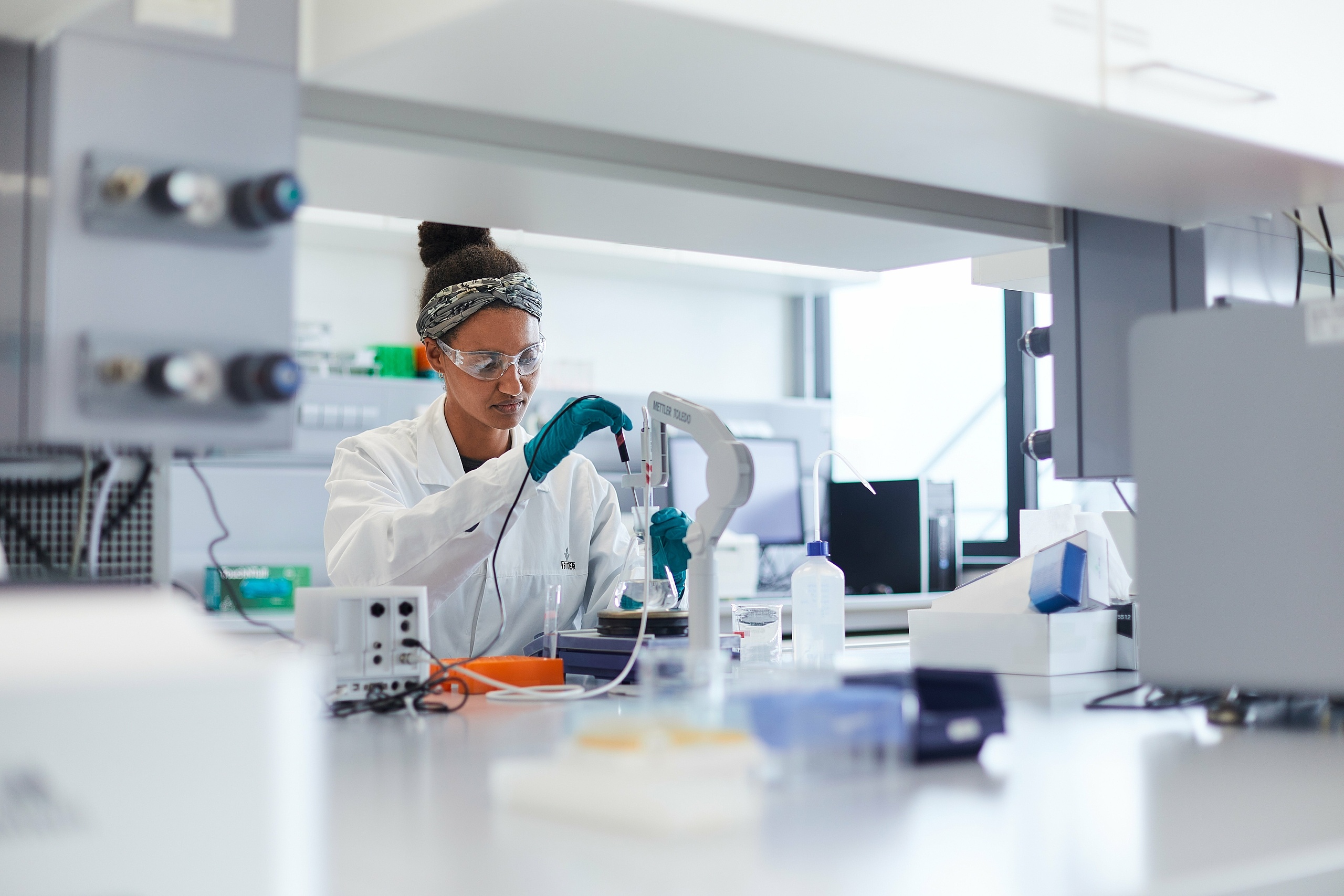
Note: This article was co-authored by Wendy Lin, CMC and Regulatory Affairs Consultant and Lizzie Leininger, PhD, Regulatory Affairs and Quality Consultant.
And, while demands for specialized treatments and therapies continues to surge around the world, global health authorities are placing increasingly stringent demands on aseptic processes and technologies that the biopharma industry relies on to meet the needs of the world’s patients.
Given the growing number of complex regulations and high costs of development, increasingly drug manufacturers, both large and small, are looking to expert contract development and manufacturing organizations (CDMOs) to help them prepare for their in-human trials or even commercial product launch.
But, getting the right outsourcing partner is not a simple task. A good fit is essential and is precisely where the cooperation of a pharmaceutical consultant can be particularly helpful. “Engaging the services of a consultant with an expansive knowledge of the industry, combined with a wide network of CDMO contacts can result in sizable benefits for their clients,” says Earnshaw.

Engaging the services of a consultant with an expansive knowledge of the industry, combined with a wide network of CDMO contacts can result in sizable benefits for their clients
Paul Earnshaw, Clinical Business Development Manager, Vetter Pharma International USA Inc.
Consultants can offer critical information insight into the selection of the right CDMO
Consultants are highly skilled professionals with extensive backgrounds in the area of biochemistry, chemical engineering, regulatory review, quality control, etc. Many have the experience of having worked at large and small pharmaceutical, biotechnology and start-up companies. Due to their wide-ranging skill set, they can be invaluable in helping a client select the right service provider based upon their manufacturing and drug development needs and what is necessary to reach their goals.
The selection is usually subject to the client’s stage of development, budget, availability and, in particular, the CDMO’s level of quality and technical competence. For smaller clients or start-ups that often lack the internal expertise or infrastructure required for successful drug development, selection support is especially helpful.
Flexibility is also a key consideration in the selection of a CDMO, especially when timeline milestones must be strictly adhered to. “When a client comes to you for support, you must consider their in-house resources including their knowledge base, level of experience and, especially, their level of flexibility in drug development,” says Lin.
Consultants can be helpful to larger companies as well. For example, providing knowledge and expertise to a client that has recently acquired a smaller client but now lacks the internal capacity or skills to do specialized operations for the compound(s) they acquired, thus requiring the services of an expert.
“It is important to understand the needs of the client and help them to clearly define what it is they want to achieve,” says Leininger. “Once that need is identified, we can best define what it is that will help them get to that point. This may include the identification of a CDMO that best suits their needs as well as the risks along the way.”
Once the pros and the cons of each CDMO that are based on the needs of the client have been identified, the consultant can then help lay out the development path. This may also include outsourcing strategy. “Since the process often starts from initial development of a drug substance on through to finish, it has to be determined if a service provider has the skill set, including the technical operations and the necessary parameters that fits with the client’s needs,” says Earnshaw.
Often, consultants may have two different CDMO’s under consideration but one may do something more seamlessly than the other, but not necessarily in an ideal manner. “We are often involved in auditing CDMO’s to understand their quality systems, technical expertise and to review their internal operating systems,” says Lin.
While consultants usually contact the service provider directly, it is equally important for the CDMO to network with the consultants. "Proactively imitating calls or meetings to inform the consultants about our service portfolio and business developments to help them stay up to date is part of my job," says Earnshaw.

Working with a CDMO – How Consultants Play a Key Role
Once key issues have been addressed, the consultant will help to assess resource requirements necessary to manage the CDMO as well as work on the budget, capacity and timelines.
“For a client that has never worked with a CDMO before it is important to understand the optimal relationship and outcome or other options that may become necessary. Previous experience plays a clear, critical role in our recommendation of a partnering organization,” says Leininger.
As with most business relationships, there must be a collaborative effort between the client, the CDMO and the consultant if a successful outcome is to be realized. That means the relationship must be particularly close and flexible for the sake of the client. Having an individual at the CDMO as a single point of contact is critical.
“From the beginning, it is important to provide both the consultant and client with the information they need such as company history and experience, process costs and timelines, technical capability as well as regulatory and quality issues,” says Earnshaw. “There must be productive interaction between all involved parties.”
Most often, a three-way CDA is arranged that may require the consultant simplifying the processes to help their client understand the service portfolio and processes of the CDMO. Regular communication and documentation of meetings and what the action items are is essential.
“Because consultants already have a great deal of the know-how that clients may lack, it is often easier for the CDMO to work directly with a consultant in order to bring about a positive outcome for everyone,” says Earnshaw.
In regards to quality, the consultant must be able to troubleshoot along with the outsourcing partner in a collaborative and highly inclusive manner to make the client more comfortable in doing repeat business with a given CDMO. “As a consultant, we act as an extension of the client,” says Lin. “Likewise, the CDMO should also be thought of as an extension of the client if we are going to meet our goals.
Providing assistance in navigating complex global requirements as it pertains to the manufacturing strategy and plan with a CDMO is critical to the success of a client’s project.”
Through their work, consultants are in a unique position of dealing with a variety of companies, both large and small, and in a variety of projects. This affords them the opportunity to stay abreast of regulatory and quality requirements, emerging trends in technology and other key issues which may affect their clients.
“First and foremost, we must remain current on the technology, regulatory and quality side of the business,” says Leininger. “We see many different ways and approaches to doing things. And, there is always more than one way. For this reason, we need to be current and knowledgeable in how the business is working.”
Summary
For the client, consultant and CDMO alike, the ultimate success from a technical point of view is, of course, product approval. Given the high risk of drug development, however, such outcomes are quite limited.
Thus, unexperienced clients not utilizing the services of a consultant may well be taking a risk. “Start-ups not taking advantage of the experience and knowledge a consultant can bring to the selection of a business partner may well be missing out on critical expertise since most consultants have worked with a variety of CDMO’s,” says Earnshaw.
Whether a client decides to utilize the services of a consultant across the entire product life cycle is dependent upon the compound being developed. Most often, however, it is best to engage a consultant in early preclinical before any filing or regulatory applications have been submitted.
In this way, the consultant can help set the landscape of what needs to be achieved and help the client understand the development path into a GMP manufacturing environment.
This article was first published on contractpharma.com
About the authors:
Wendy Lin, CMC and Regulatory Affairs Consultant, has twenty years of professional, multidisciplinary biotech and pharmaceutical experience, focusing on regulatory affairs, quality, process development and manufacturing. She has successfully led and designed global development strategies for regulatory, clinical, CMC and companion devices.
Lizzie Leininger, PhD, Regulatory Affairs and Quality Consultant, has been involved in various pharma and biotech organizations throughout her twenty-five years in the industry. Her work history includes operational positions as vice president regulatory affairs, quality assurance and clinical operations at StemCell, Inc. as well as senior scientist at the FDA. Since 2008 Lizzie works as an independent consultant.
Paul Earnshaw, clinical business development manager, Vetter Pharma International USA Inc., has worked in the biotech and pharmaceutical industry for the past twenty-two years. After 9 years at Genentech serving in both manufacturing and quality roles, he transitioned into business development for Eppendorf. Since 2016 he has supported Vetter’s clinical manufacturing service.



